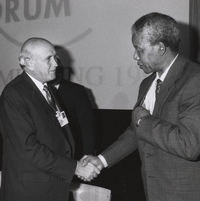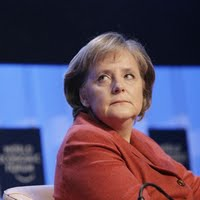
In 1980, the controversial U.S. diplomat for Africa, Chester Crocker, memorably described South Africa as a “magnet for one-dimensional minds.” The accuracy of that assertion has been confirmed over the course of the post-1994 democratic era, during which mood swings among both the commentariat and the wider populace have caused South Africa to be viewed from several, radically contrasting, but ultimately one-dimensional perspectives. Between 1994 and 1999, under the presidency of Nelson Mandela, South Africa was routinely described as a “miracle,” a country that had somehow managed to navigate the treacherous waters of the transition from apartheid, while putting in […]

